In my first job out of college, which was neither art-related nor related to my music degree, I found myself in over my head. For the first few months I was doing back-office work for a small company, but when the opportunity to work on a client-facing project came up, I leapt at it.
I had no experience with data management and no knowledge of the industry we specialized in, and the next-most junior person on the team had at least 15 years of experience on me. The client had accepted my addition with the promise that I would take simpler, time-intensive tasks off the plates of my teammates, who were very expensive per hour. I knew nothing, but being self-sufficient was key to me staying on the team and out of the back office. I had to be very, very frugal with my questions.
Those of us who grew up with the internet know just how much can be learned with some determined googling. Artists are particularly good at using forums and now social media to crowdsource a crash-course education in whatever tool, with whatever medium, or regarding whatever business concern we need help with. But sometimes, we do need to seek direct help from someone who has the right expertise for our roadblock. The approach I took at my day job helped me with art in a few unexpected ways.
I would follow roughly the following:
1) Google it, check relevant groups on Facebook, forums, and other places where this may have been discussed before. (For work, it was emails, presentations, etc. instead of Facebook)
2) Identify the specific question. How would I word it?
3) Anticipate potential answers to the question. Do I have follow-up questions that may arise depending on these answers?
4) Identify the appropriate person to reach out to for help
Often, when trying to anticipate possible answers, I’d only be able to come up with one. As I pushed to imagine others, I’d realize that I already knew the answer and just didn’t like it. Sometimes, anticipating possible answers helped me realize that the question I was asking didn’t match the kind of answers I sought. How often do we seek critique on a piece of art when we are actually in pursuit of assurance? “Could I have your feedback on this painting” turned into “This painting is almost done and I need to move on to the next soon, but I worry that [this element] is pulling attention. Do you think it’s okay, or should I adjust the values?”
When I first found out that some art directors had on-demand portfolio reviews for a fee, I was very excited for the novelty. I was determined to take advantage of it, but only when I was ready with smart questions and a portfolio for which I couldn’t find a way forward from on my own. I’d make a few pieces, and ask: what feedback might I expect if I took this to an AD now? Imagining this possible critique, I’d find a few things to improve upon, and get back to work. It trained me to find a path forward, through my frustration, and be sure there wasn’t a single thing I could improve on my own before seeking outside help. I never did get that online portfolio review because I never ran out of improvements to make, but offered as a carrot, the portfolio review helped me anyway.
If I did reach a dead end and I was ready to approach someone asking for help, this process helped me formulate targeted questions and enter a conversation already somewhat educated on the subject. It gave me confidence to ask for advice, knowing I’d done as much as I could for myself. There’s a reason LetMeGoogleThat.com exists…it can be annoying when someone expects you to answer something they could have answered for themselves!
Occasionally I would ask a question of someone before I’d exhausted my options. It’s hard not to take advantage of a moment at a convention where you have the attention of an AD or artist you admire. The apprehension of not knowing if you’ll get the opportunity again can lead you to ask questions prematurely. When I did this, I usually received answers that guided me in the wrong direction, at no fault of theirs. I found that if I approached without specific goals, the breadcrumbs I received would lead off in every which way.
All too often, we make the error of seeing things in black-and-white. Although this mentality helped me, I could easily see how one could take it too far and attempt a self-destructive degree of self-sufficiency. We must remember that ‘seeking our own answers’ is a misnomer…most of it relies on outside help, both passive help from those who have published their knowledge, and those who weigh in on a forum or a Facebook group. We are a community, and most of the time, people are happy to help. If you haven’t read it, I recommend The Art of Asking: How I Stopped Worrying and Let People Help by Amanda Palmer. It’s a great audiobook to work to (narrated by the author!), and a great reminder that we don’t have to go it alone.


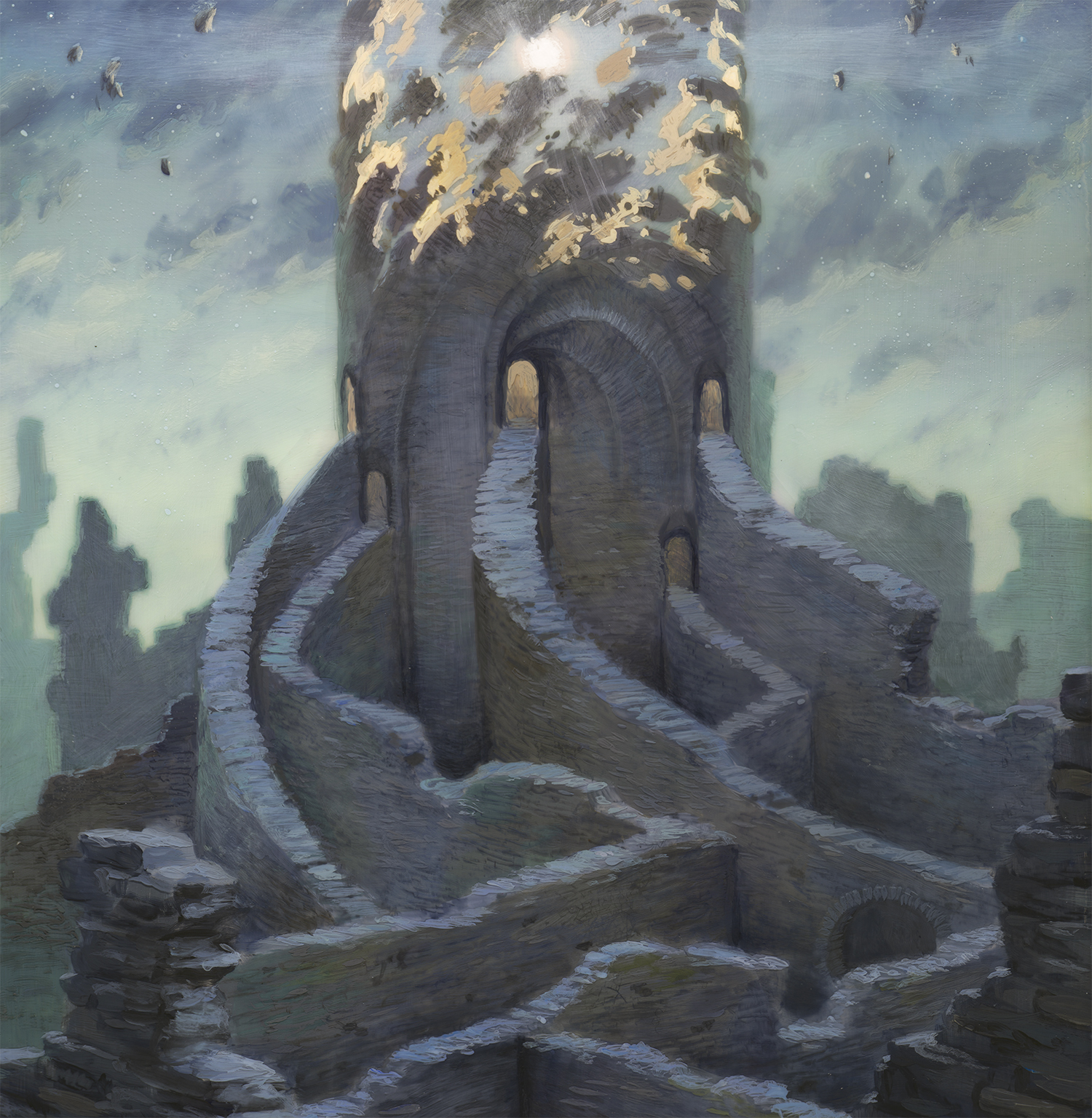
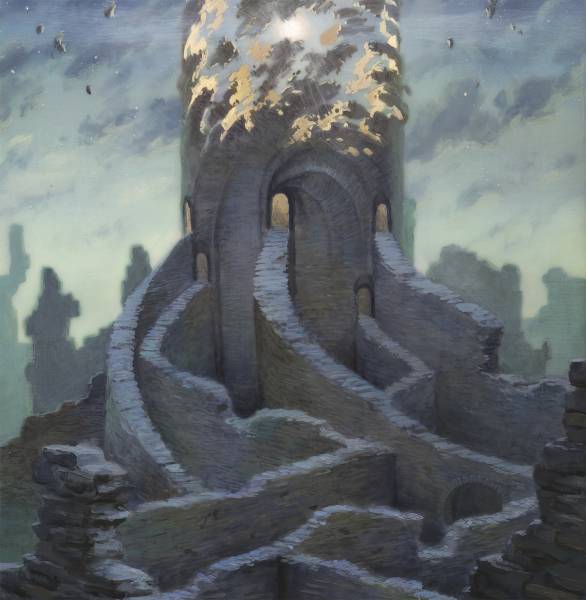
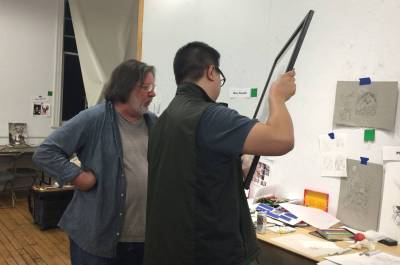
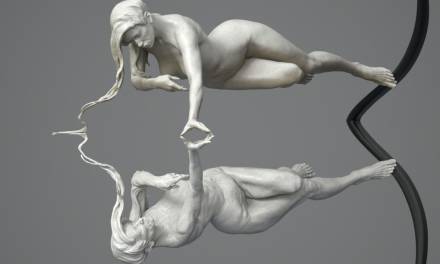
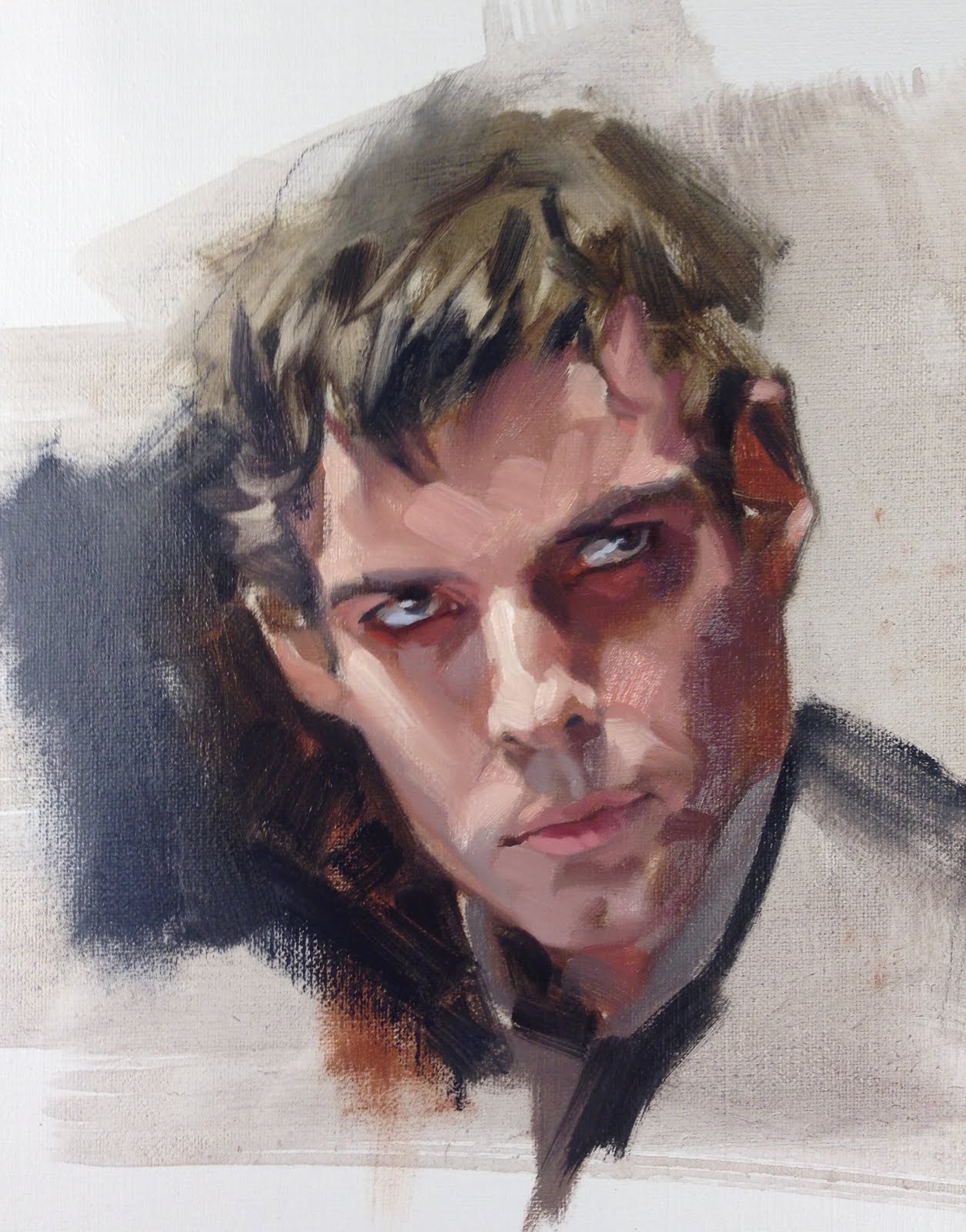


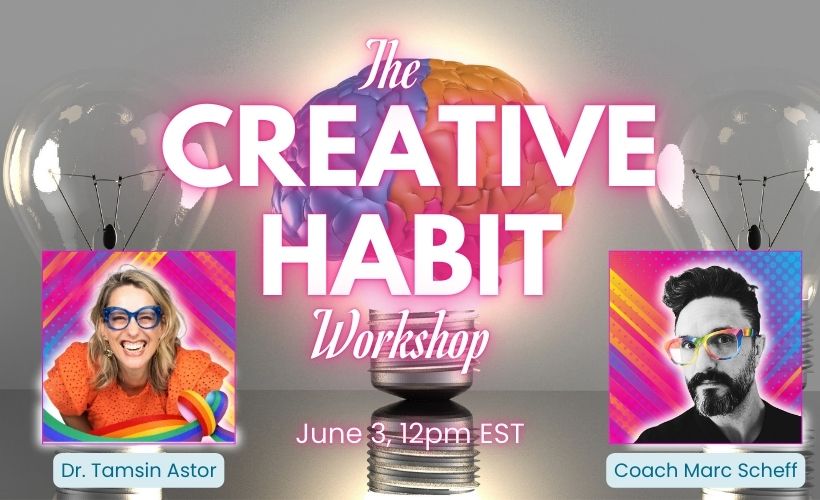
Thank you very much for the insightful article!
Really great article, Sarah, thank you for writing this.